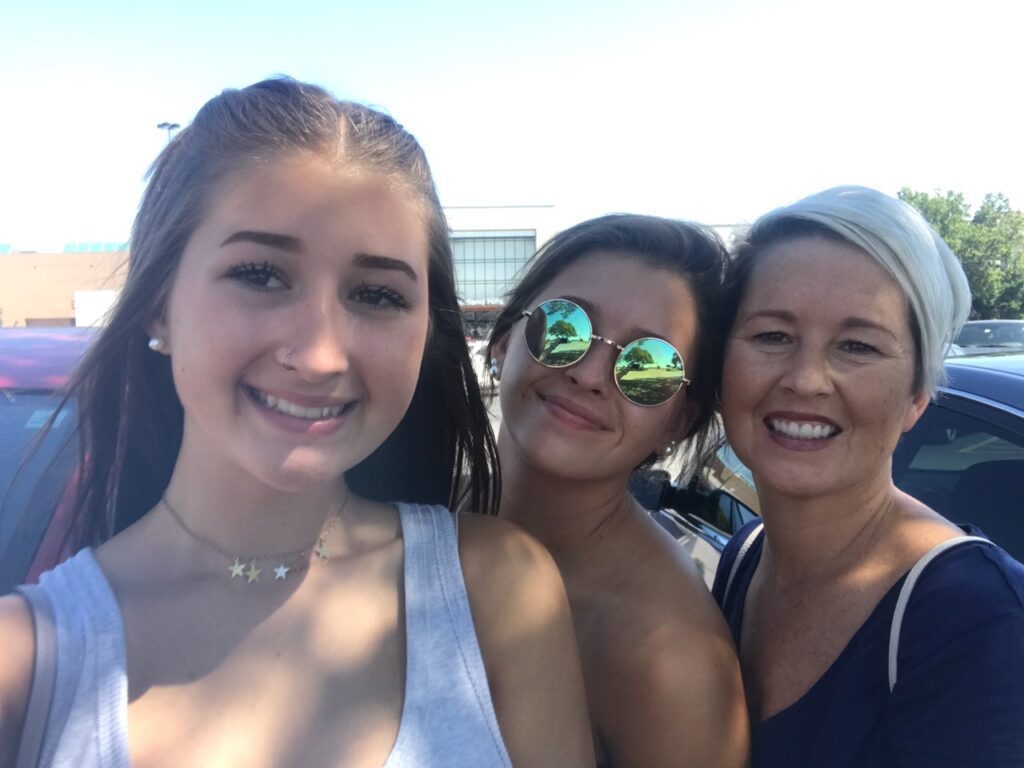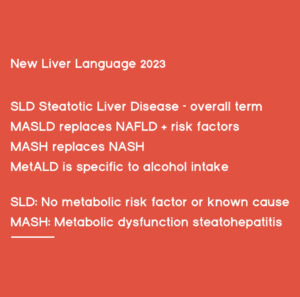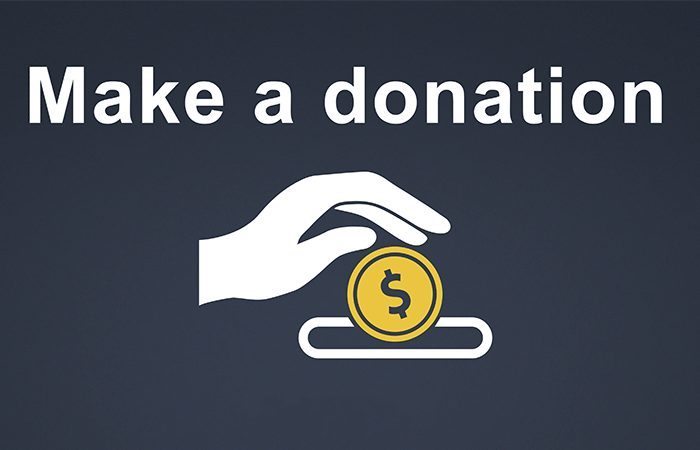These 7 tips to find the best sunglasses can help you in your search to protect your eyes. As with liver health and skin care, eye health is important. People often overlook eye protection. Yet, it’s one of the most effective ways to preserve eye health and function. Studies show that excessive sun exposure is one of the major causes of cataracts. This condition can lead to permanent blindness if not treated early.
Sunglasses have a mirror coating that reflects sunlight and UV rays away from the eyes. It’s the first line of defense you have against permanent eye damage. Today, we give you seven tips to find the best sunglasses to protect your eyes.
Tip #1: Ensure the lenses block both UVA and UVB rays.
Most manufacturers today embed UV protection inside sunglasses lenses instead of the traditional overcoat. This makes sunglasses more efficient in protecting the eyes from UVA and UVB. If you can’t tell if your sunglasses have UVA and UVB protection, there are ways for you to check.
Look for a label that says “100% protection against UVA and UVB” or “100% protection against UV 400” on the sunglasses. If you can’t find a label, you can ask a store clerk instead.
There are eye clinics that customize sunglasses for clients. If you don’t know whether you can trust stores at the mall, you can always visit your local eye clinic to get a personalized pair of sunglasses.

Tip #2: Don’t fall for darker lenses.
It’s easy to assume that darker lenses offer more sun protection than lighter ones. This couldn’t be farther from the truth. Only glasses that are certified to block 100% of UV rays can protect your eyes.
If you doubt that your sunglasses have this function, take them to an optical shop. These stores have tools that can measure UV ray protection on sunglasses.
For people who normally wear prescription eyeglasses, visiting their optometrist to get a pair of prescription sunglasses is ideal. This will allow you to see more clearly than if you were to wear normal sunglasses.
Tip #3: Choose oversized lenses over smaller ones.
Wearing bug eyes in public is a small price to pay for complete sun protection. They may look funny at first, but oversized lenses provide more coverage against harmful UV rays than smaller lenses do.
On top of sun protection, sunglasses also help reduce the appearance of wrinkles. It can also prevent hyperpigmentation of the skin.
Wraparound sunglasses are a great option, especially for people who are always outside. They cut down the UV rays that reach your eyes through the gaps in your sunglasses. On top of that, they reduce your risk of contracting diseases such as hepatitis C and COVID-19.
Tip #4: Select brown or amber lenses.
If you have a condition such as macular degeneration or diabetic retinopathy, choosing a light-colored lens is recommended. They enhance visual contrast, allowing you to see better during the day. They’re also aesthetically pleasing, so wearers who want to mix their wardrobe up with sunglasses can benefit from them, too.
UV protection should still be top of mind when searching for light-colored sunglasses. Ensure that the pair you buy has UVA and UVB protection. Additionally, try to see if they have wraparound options for more comprehensive protection.
Tip #5: Try not to break the bank.
While most sunglasses with UVA and UVB protection may come at a premium price, there are a couple of exceptions that don’t break the bank. Nobody wants to go bankrupt for a piece of eyewear — even if it’s for a good cause. You don’t need to buy your sunglasses from a swanky optical store in the mall.
Drugstores that sell “100% protection against UV 400” sunglasses are cheap and work just as effectively as any high-end brand. Save a few hundred dollars by purchasing your sunglasses from a trusted pharmacy.
Tip #6: Consider impact protection.
Pebbles, wood chips, and other solid debris can very easily scratch or even break sunglasses lenses. This is why, when choosing your lenses, it’s important to think about impact protection.
What material is less likely to get damaged upon impact?
Glass can easily shatter on impact and enter your eye, causing injury. However, plastic is less likely to break making it a better choice — especially for people who participate in extreme activities e.g., sports, running, cycling.
The next time you visit your optometrist, ask about sunglasses with plastic lenses.
Tip #7: Use polarized lenses when driving.
While polarized lenses aren’t the ideal choice for everyday use, they do help you see better while driving on a sunny day. Polarized sunglasses reduce the glare that comes off reflective surfaces such as road signs, water, and other vehicles.
As a person ages, their sensitivity to light also increases. This is the reason why some people need to squint at the slightest sign of sunlight.
With polarized lenses, you won’t need to do all that squinting anymore. You’ll also have a much clearer view of the road.
Final Thoughts
Finding the right pair of sunglasses can be tricky. Especially if you want them to work properly.
You can’t just choose the first one you see off the rack. There are things you need to consider before heading to the checkout counter.
Ensure that the lenses you choose have UVA and UVB protection. Additionally, get them in a size that covers both your eyes and the skin surrounding them. This way, stray UV rays have no way of reaching your eyes and causing damage.
Try not to go over budget when you’re shopping around for sunglasses. Furthermore, consider impact protection so you don’t end up replacing your sunglasses earlier than expected.
Good luck! This guest blog was written by my friend and fellow teacher Katie Pierce






2 thoughts on “7 Tips to Find the Best Sunglasses”
Karen,
I love your blogs. They are always so helpful. Hope you are continuing to do well. I know you just had your 7th Liverversary! YAY!!! Mine is coming up in July. I feel so blessed to be able to be here to share in all the milestones of my grandsons.
May God continue to bless you.
Love,
Kathleen Stegall
Kathleen,
What a miracle it is to be celebrating this. You know what? I was doing the math the other day. I got liver cancer in 2014 and got my liver transplant in 2015. THIS year will be 7 years. Haha! Right? Oh my and I just posted another one about brain fog.
I’m happy to hear from you and thanks so much for engaging with me here on the website. I’m officially going to get back in staring in 2023.
xo Karen
Comments are closed.